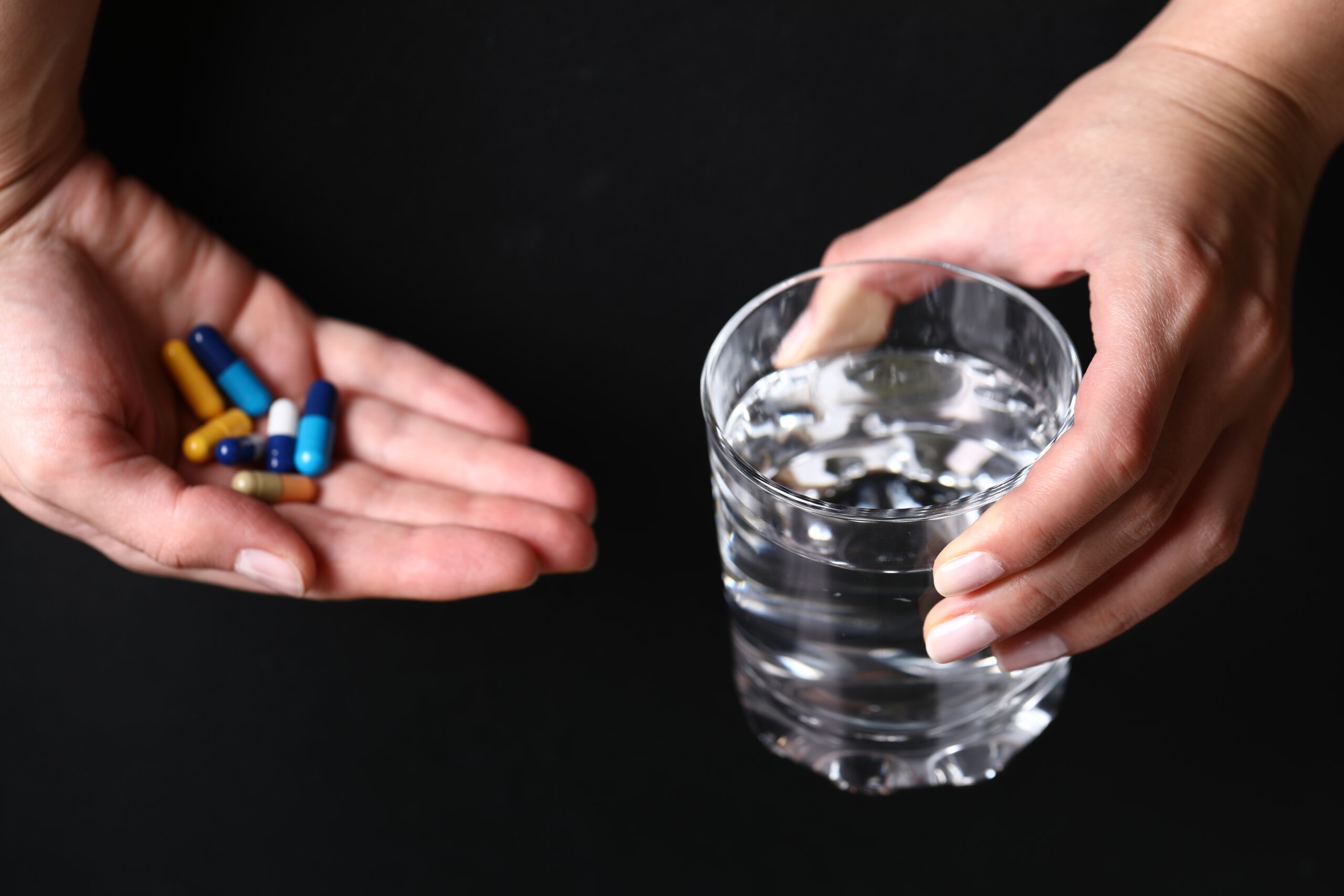Substance use disorders (SUDs) can be overwhelming, affecting every aspect of life, from personal health to relationships and career. Breaking free from addiction is not only a courageous step but also a life-changing journey towards health, stability, and fulfillment. Recovery may seem daunting, but with the right support, tools, and mindset, it’s entirely possible to regain control and build a life of freedom from addiction.
Understanding Substance Use Disorders
Substance use disorders are complex conditions characterized by the harmful use of drugs, alcohol, or other addictive substances. They often stem from a combination of genetic, psychological, and environmental factors. Addiction affects the brain’s reward system, making it difficult for individuals to quit even when they recognize the harm caused by their behavior.
SUDs are more than a physical dependency—they also have emotional and mental components. As a result, recovery requires more than just abstaining from substances; it demands a holistic approach that addresses the underlying factors and helps individuals develop healthier coping mechanisms.
The Road to Recovery: Key Steps
Breaking free from substance use disorders requires commitment, support, and the right strategies. Here are some key steps to begin the journey to recovery:
- Acknowledge the Problem: The first and most important step in overcoming substance use disorder is recognizing that there is a problem. Self-awareness and honesty about the impact of addiction on your life are crucial to initiating change.
- Seek Professional Help: Substance use disorders often require professional intervention. Medical professionals, therapists, and addiction specialists are equipped to provide the right support. Whether through detoxification programs, rehabilitation centers, or outpatient counseling, their expertise helps ensure that individuals get the appropriate care for their specific needs.
- Build a Support Network: Recovery is not a solo journey. Surrounding yourself with a supportive community—friends, family, and support groups—can make a significant difference. These people provide encouragement, accountability, and emotional support during challenging moments.
- Adopt Healthy Coping Mechanisms: A key part of recovery is learning how to manage stress, anxiety, and other emotions in healthier ways. Physical activities like exercise, mindfulness practices such as meditation, and creative outlets like writing or art can help replace harmful habits with constructive ones.
- Set Realistic Goals: Recovery is a process that takes time. Setting achievable short-term and long-term goals can help you stay focused on progress rather than perfection. Celebrate small victories along the way, and don’t be discouraged by setbacks.
- Stay Committed to Aftercare: Even after initial recovery, aftercare programs are essential in maintaining sobriety. Regular therapy sessions, support groups, and continued self-care practices help reinforce healthy habits and prevent relapse.
Breaking the Stigma Around Addiction
One of the biggest challenges in seeking help for a substance use disorder is the stigma attached to addiction. Society often views addiction as a moral failure or a sign of weakness, but in reality, it is a chronic disease that requires proper treatment and understanding. Overcoming the stigma begins with education and empathy. Sharing stories of recovery and offering nonjudgmental support to those in need can change the narrative around addiction, making it easier for individuals to seek help without fear of shame or judgment.
A Future Free from Addiction
The journey to recovery from a substance use disorder is deeply personal and transformative. It is not without challenges, but every step taken is a step toward a healthier, happier future. It’s important to remember that relapse is a natural part of recovery for many and should not be seen as a failure but rather an opportunity to learn and strengthen one’s resolve.
If you or someone you know is struggling with substance use, reaching out for help is the first step in reclaiming life and breaking free from the chains of addiction. With the right treatment, unwavering support, and commitment, a life of recovery and fulfillment is within reach.





